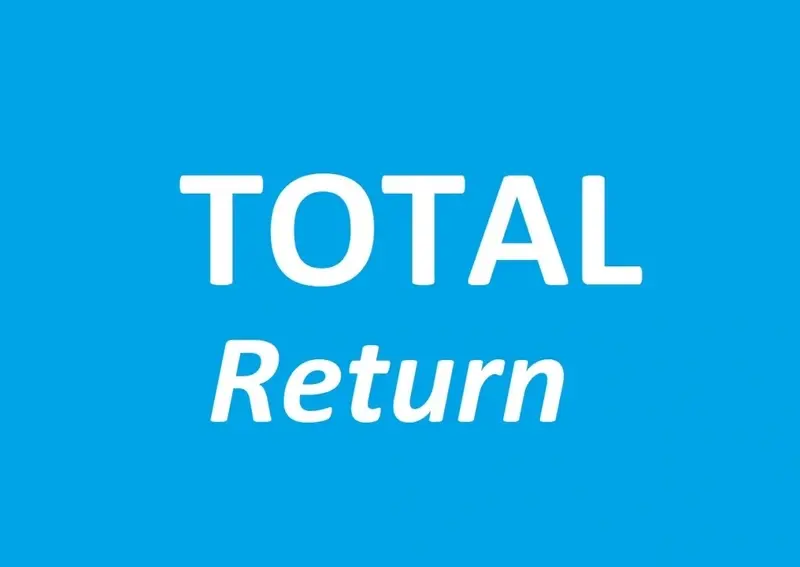
Investors can make money from shares in two ways. Either through a capital gain as the share price of an investment increases, though this is obviously only a gain on paper unless the shares are sold, and through the dividends paid by listed companies.
Not all firms pay a dividend, but upwards of 600 of those whose shares are traded in London do. That’s why its important to look at the ‘total return’ from your investments, encompassing both the capital gain (if any) and the dividend.
TOTAL RETURN = CAPITAL GAINS + DIVIDENDS
A good way of illustrating this is at a stock market index level. So, for example, in 2017 the FTSE 100 delivered a capital gain of 7.6% but a total return (encompassing dividends) of 11.9%. In 2018 the index fell 12.5% but dividends helped cushion the blow with the loss on a total return basis coming in at 8.7%.
Clearly, dividends can form a significant component of the total return from your investments, particularly if they are growing.
In 2018, for example, despite the FTSE 100 falling heavily, number crunching by AJ Bell shows dividends from its constituents were up by double-digits to a new record high of more than £93bn.
THE IMPORTANCE OF COMPOUNDING
You can further boost the return from equities and tap into the wealth-generating potential of the stock market by reinvesting these dividends into shares and thereby achieving compounded returns.
Albert Einstein described compound interest as the eighth wonder of the world. How does it work? Well, if you put £1,000 into an account which pays interest of 6%, you'll have £1,060 after one year. Next year, you'll be earning 6% on the £1,060 rather than just the original £1,000.
That might not seem like a big deal, but the effects can really stack up over time. How does this concept apply to dividends? A company's dividend yield is calculated by dividing its full-year dividend per share (DPS) payment by the current share price. In many ways this yield is similar to an interest payment - offering a return which is proportional to your holding in a company.
By reinvesting your dividend, using it to buy shares in the same firm, you'll be steadily increasing your holdings of that particular stock and setting yourself up for even more dividends down the line. If dividends are growing the affect is even more powerful.
This is the latest in a series of guides on the basics of the financial markets to appear on our website




